Poets utter great and wise things which they do not themselves understand
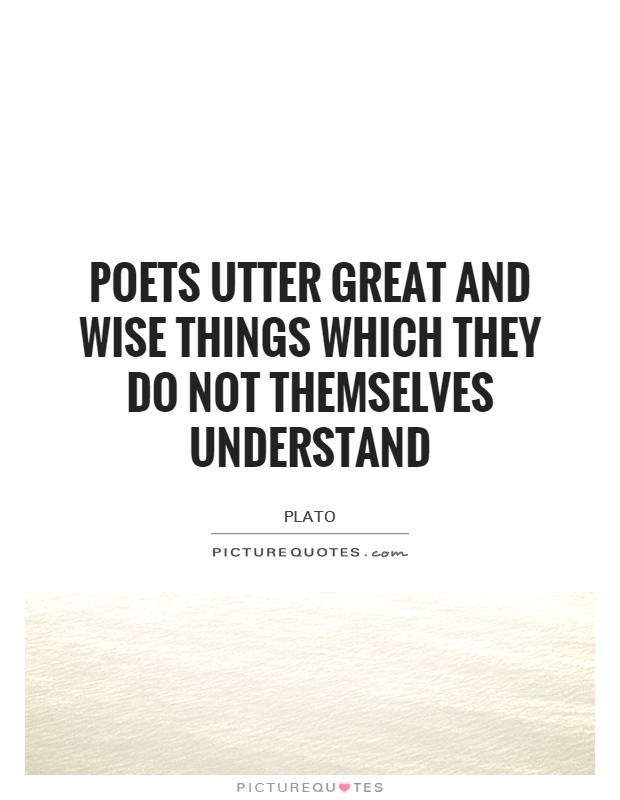
Poets utter great and wise things which they do not themselves understand
In the context of Plato, the idea that poets utter great and wise things which they do not themselves understand can be seen as a critique of the role of poetry in society. Plato, in his work "The Republic," famously banished poets from his ideal city-state because he believed that their art was not based on reason and truth, but rather on emotion and imitation.Plato argued that poets were not capable of understanding the true nature of the world, and therefore their words were not to be trusted as sources of wisdom. Instead, he believed that only philosophers, who used reason and logic to uncover the ultimate truths of the universe, were capable of speaking with authority on matters of morality and knowledge.
In this context, the idea that poets utter great and wise things which they do not themselves understand can be seen as a criticism of the limitations of poetic language. While poets may have a gift for expressing profound truths in beautiful and evocative ways, Plato would argue that their words lack the intellectual rigor and philosophical depth necessary to truly grasp the complexities of the world.
Furthermore, Plato believed that poetry had the potential to corrupt the soul by appealing to the emotions rather than the intellect. He saw poetry as a dangerous form of rhetoric that could manipulate and deceive the masses, leading them away from the pursuit of truth and virtue.

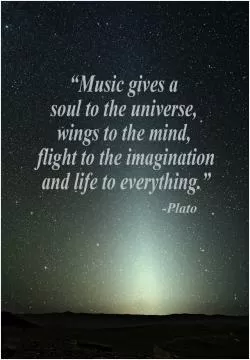
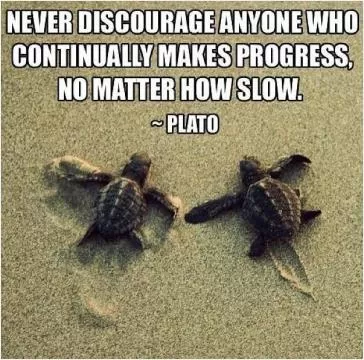

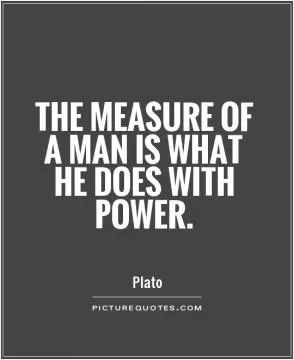
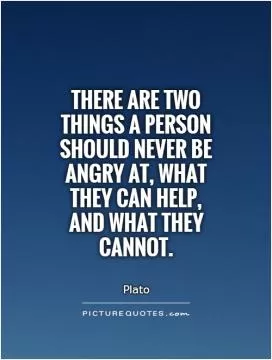

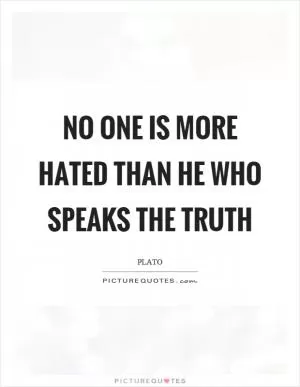
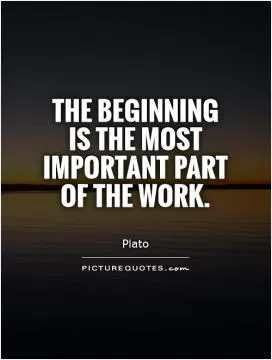
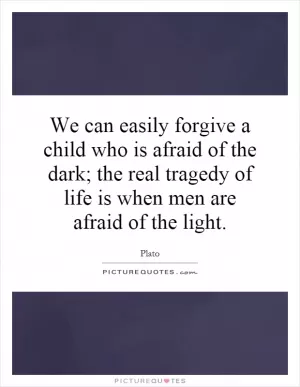
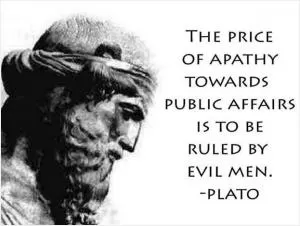
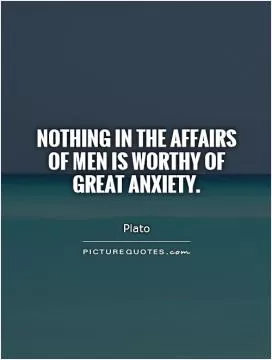
 Friendship Quotes
Friendship Quotes Love Quotes
Love Quotes Life Quotes
Life Quotes Funny Quotes
Funny Quotes Motivational Quotes
Motivational Quotes Inspirational Quotes
Inspirational Quotes